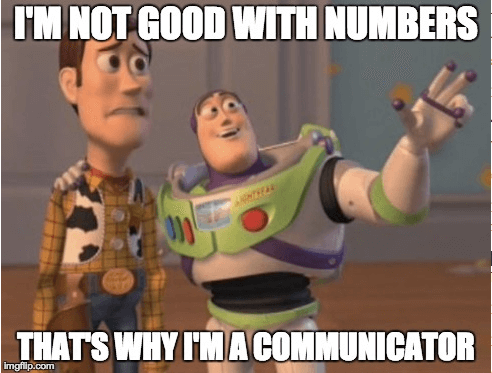Yesterday, Martin Waxman and I were getting ready to record Inside PR and he said, “Did you see Clay Shirky’s post on Medium about the death of journalism?”
I hadn’t, but you know what I did next.
Titled, Last Call: The End of the Printed Newspaper, I was intrigued because it so nicely tied in with the recent New York Times announcement that they are laying off 100 journalists.
(Plus I love Clay Shirky, who refers to himself as, “Bald. Unreliable. Easily distracte…”)
It’s a really interesting piece on what’s going on with newspapers and I highly recommend the read.
It also will create a nice debate because people are pretty passionate about the topic: Some believe newspapers aren’t dying and others believe they are already dead.
He presents a pretty good case for the end of the printed newspaper.
But here’s what stuck with me, from a communications point-of-view.
Skills Every Communicator Must Have
He details three pieces of advice to journalists who haven’t yet been fired, but are likely on their way there.
Here’s the thing about his advice: It works for the communicator, too.
Here’s why.
- Get good with numbers. We no longer have to rely on media impressions and advertising equivalencies to prove our worth. We’ve always been an expense—and typically one of the first to get cut in a down economy. But today we have the huge opportunity to become an investment…if we can get good with numbers. I know, I know. You went into PR because you’re not good at math. Get over it. Figure it out. Take some classes. Learn how to use Google analytics. Figure out what kinds of data are available to you and use them to your advantage. Prove your worth and you’ll always climb up the corporate ladder or have clients pounding on your door.
- Learn how to use social media for stories and sources. Of course, from the communicator perspective, learn how to use social media to connect with, and build relationships, the journalists, bloggers, and influencers who can help your organization grow. I would also say learn how to use social media for business development. Another thing the communicator is really bad at: Selling. Use social media to connect with the organizations you think you’d like to work with. Get a list of prospects from your sales team. Start building relationships that way. If you can get a sales person in the door because of your efforts, you will always have a job. Always.
- Integration, integration, integration. Shirky talks about it from the perspective of working with other journalists who have specialties different than the others, but I look at it from the perspective of moving beyond text. Andy Crestodina has a great piece on content hubs (which I have stolen and morphed into something I will share with you in a week or so) that is how you should think about your efforts. Writing a blog post on a specific topic? Where else can you use it? A white paper, a speech, a video, a podcast? Have an interview with a major trade publication? How else can you use that content? Perhaps a behind-the-scenes video you took during the interview or a FAQ on the website of the stuff that landed on the cutting room floor. We have to think beyond one tactic and integrate the PESO model.
While it’s journalists who are fearful of their jobs right now, the communicator should consider his or her own skill sets so our industry doesn’t follow suit.
If you figure out how to prove your work drives revenue, you’ll have a seat at the table, and you’ll become an asset instead of a liability.
Now the floor is yours. What do you think of these three points and what else would you add?
